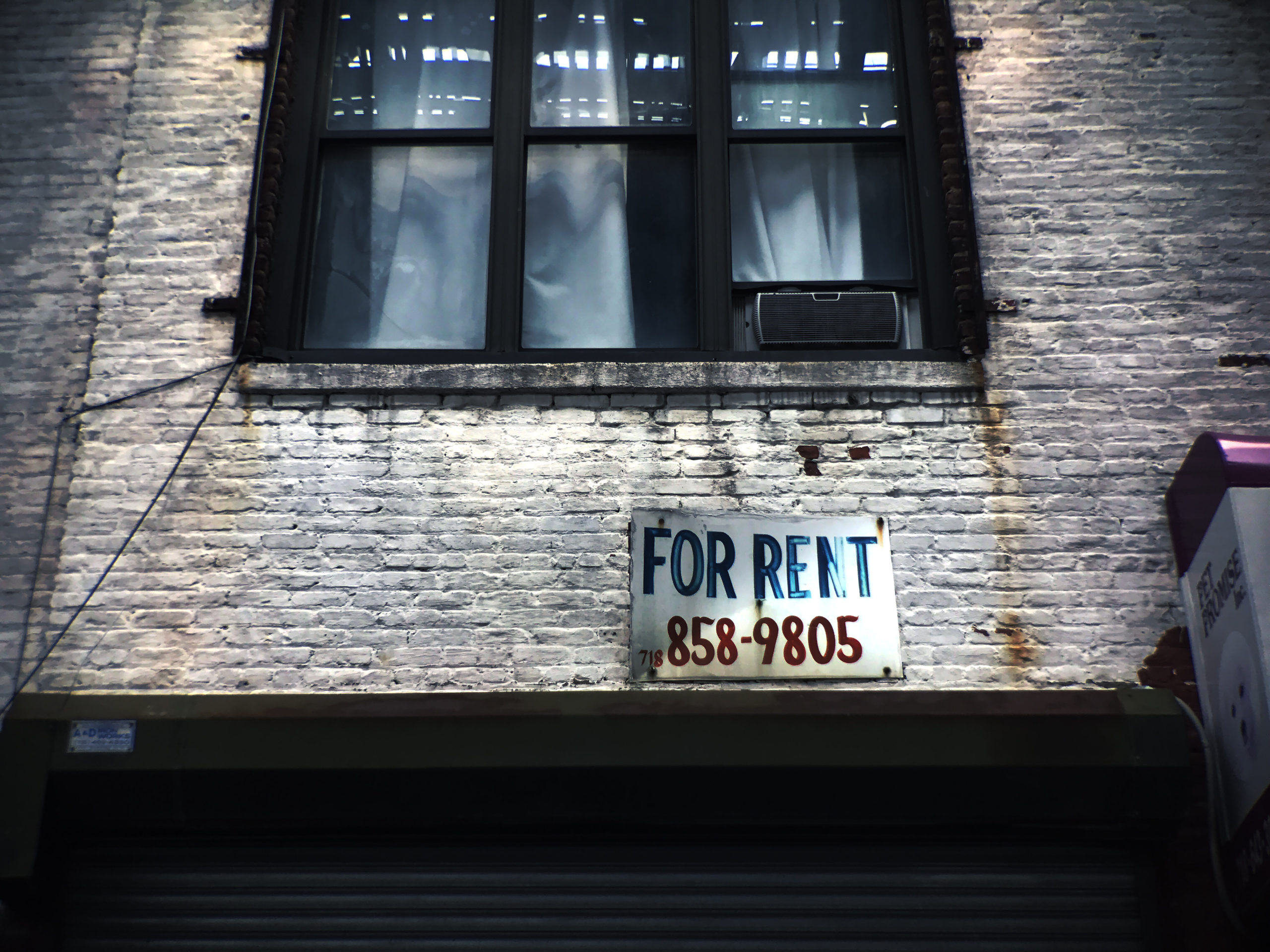Today, approximately 11 million renters have fallen behind on rental payments. Though the federal government issued $46 billion in rental relief aid, only $3 billion had been used for that purpose. This poses a problem for landlords, who don’t receive the revenue they need to keep their businesses running.
In times like these, it’s necessary to show both compassion and pragmatism. Through help from relief programs, backup income streams, and an empathetic but proactive approach to rent collection, landlords can strike an effective balance between maintaining their investments and showing understanding of the difficult economic landscape facing most tenants. This article dives into the different ways landlords can stay afloat during economic downturns.
Seek help from Rental Assistance Programs
Your tenants might not be aware of the many rent assistance programs available to them, like that offered by the Department of the Treasury. Additionally, since many relief programs require applicants to sign up online, tenants who aren’t tech-savvy or have no internet or computer access may find it difficult to navigate online applications.
To streamline the process for your renters, you can apply for federal rent assistance on their behalf. Renters applying for these programs will need information from their landlords anyway since the payment assistance offered will be delivered directly to their housing providers. This way, you don’t need to wait for tenants to individually claim their assistance benefits. Federal rental assistance will provide enough funds to cover 18 months of rent, which can also include instances of unpaid rent from the pandemic.
Offer Solutions to Your Tenants
Your approach to rent collection should account for the circumstances that make it difficult for tenants to pay rent. As such, if possible, schedule one-on-one consultations with tenants to negotiate payment plans that suit their situation. For instance, a payback plan with interest can help delay payments for tenants who cannot afford rent at the current time, while also ensuring that you get compensation for delayed payments.
Since the majority of tenants are affected by the financial turbulence caused by the current crisis, it can help to cut down rent prices in general as a temporary solution. Though this will decrease your revenue for the time being, it may also make tenants more willing to pay. After all, collecting lower rent payments is better than not collecting payments at all.
When running a housing business during an economic crisis, the most important thing is to be an ethical landlord and treat your tenants as people rather than business transactions. Tenants face the same economic vulnerabilities as landlords do, and they also face the added risk of losing their homes. Compassion for your renters will lead to healthy professional relationships, which can ensure the sustainability of your business in the long run.
Diversify your investments
When rent collection is unreliable, it’s important to seek income from other sources. For example, you can invest in stocks, ETFs, or mutual funds to passively earn dividend income. You can also trade these assets when their value rises. However, you also risk losing money should the value of your assets fall.
A safer option would be to grow your money in a savings account. Certain savings accounts, such as certificates of deposit and high-yield savings, can offer high-interest rates at the cost of a few conveniences. High-yield certificates of deposit can offer annual percentage yields of up to 0.70%, but forbid you from withdrawing your funds before the end of an agreed-upon maturity date. Early withdrawals are often charged a hefty penalty fee. High-yield savings accounts, on the other hand, are more flexible with withdrawals while offering similar returns. However, they are only available for online-only banks, which can be inconvenient for less tech-savvy users.










